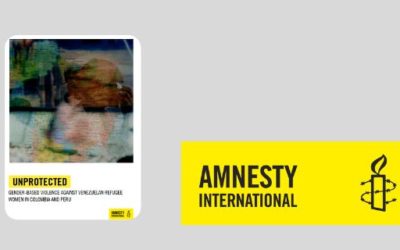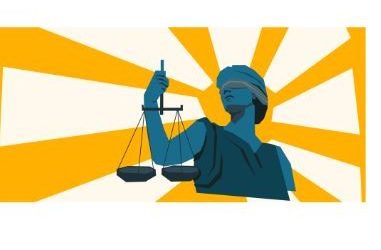Newsletter von ABC zum Friedensprozess nach der Wahl von Iván Duque zum neuen Präsidenten.
Summary of 17 June Elections (2nd Round)
There appears to have been a positive step change in Colombian politics, with more voters than ever before engaging in the electoral process.
– Louise Winstanley, ABColombia Programme and Advocacy Manager
In the second round of presidential elections on 17 June 2018, Ivan Duque (Centro Democratico – Democratic Centre Party) was elected as Colombia’s President with a majority of the votes: 53.98% compared to Gustavo Petro’s (Colombia Humana) 41.81%. There was a higher electoral turnout than in the second round of the 2014 presidential election, which saw 47.89% of the electorate voting, whereas 53.04% cast their vote in 2018; this is the highest turnout since 1998.[1] This number of people voting in Colombia, combined with less violence at the polls suggests there has been a key step change, and people consider that their vote matters.
In the past I have generally heard, especially in rural areas, that people had sold their vote for “food or drink” because they believed that their vote would make no difference – so why not get something for it. This time when visiting remote areas in Colombia, I heard the comment, ‘The land-owner is furious because some people in this area voted for Petro.’ This shows how people have started to engage in the election process and voted for the candidate they themselves wanted to see in Government.
– Louise Winstanley, ABColombia Programme and Advocacy Manager
The general voting pattern in Colombia also provides evidence that people considered their vote mattered in these elections, with a wide range of votes for candidates with differencing political positions. In the first round of the presidential elections, the majority of votes were distributed between Duque, Petro and Sergio Fajardo; with Fajardo on 23% and Petro on 25%.
Despite the result of the presidential election, this was a historic moment for the left with Petro winning over 8 million votes (8,034,189). In addition to being the first openly left wing candidate to arrive at the second round of the presidential elections[2], Petro is also the first left-wing candidate in the history of Colombia to obtain that number of votes in the second round. Interestingly, ex-president Santos obtained just over 7.8 million votes when he was elected in 2014.
Weiterlesen:
https://www.abcolombia.org.uk/colombia-presidential-elections-2018-what-next-for-peace/


